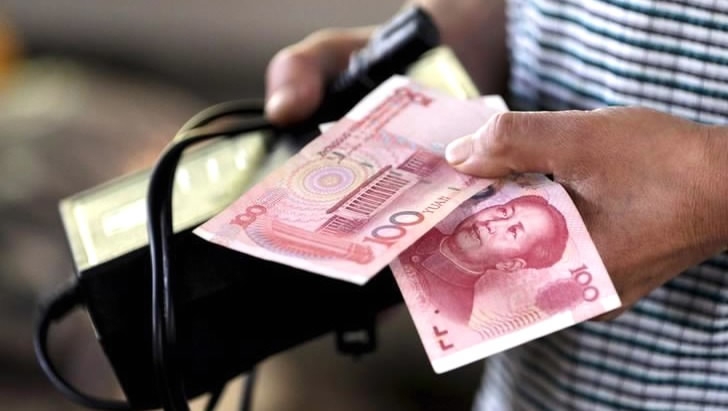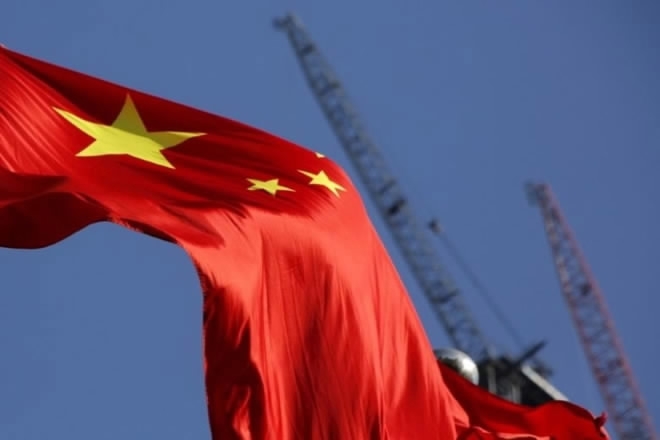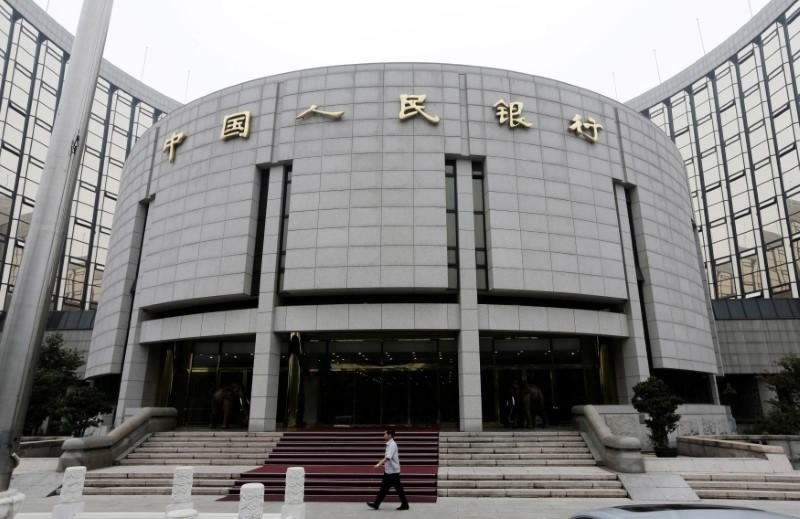
Opinions
12:23, 02-Dec-2017
Opinion: China’s market economy status at WTO
Guest commentary by John Gong

The Associated Press reported on Friday that the United States is supporting the European Union in a dispute over China's market economy status at the WTO. This market economy issue has been haunting us since day one of China’s accession to the WTO. Fifteen years later, even with the explicit language in the accession protocol that the market economy hassle would expire for good, and besides the fact that China has already become the largest trading country in the world, this damn nightmare is here to stay. My view is that it will continue to haunt us for at least the next 15 years. The total injustice represents the single most disgraceful chapter in the history of the so-called rule-based global economic order.
The Ministry of Commerce has since initiated two complaints at the WTO’s Dispute Settlement Body, case DS516 and case DS515, against the European Union and the US, respectively. For the former, the WTO has already established a panel, akin to a court, while the latter is still under consultation, akin to a pretrial negotiation. I am not optimistic on both. For those unfamiliar with the legal intricacies of this matter, let me do a layman’s introduction.

/VCG Photo
/VCG Photo
The centerpiece of the market economy issue concerns the use of a “surrogate country” methodology when determining if dumping occurs for an exporting country that does not have market economy conditions, as stated in Article 15 subparagraph (a)(ii) of China’s WTO accession protocol, “The importing WTO Member may use a methodology that is not based on a strict comparison with domestic prices or costs in China if the producers under investigation cannot clearly show that market economy conditions prevail in the industry producing the like product with regard to manufacture, production and sale of that product.” In other words, China’s export prices would not be compared with domestic prices or costs, but with those from another usually higher-cost country. Thus dumping is easier to establish, and antidumping tariffs would then easily follow.
There have been so many antidumping cases and WTO complaints against China so far that we are now effectively the world’s punching sandbag for all the problems in global trade. But before December 11, 2016, we have been putting up with it, in patient expectation of its expiry, as stipulated in Article 15 subparagraph (d), “In any event, the provisions of subparagraph (a)(ii) shall expire 15 years after the date of accession.” That is December 11, 2016.

The People's Bank of China /VCG Photo
The People's Bank of China /VCG Photo
But now our endurance and patience is cruelly shattered and blatantly mocked upon by the stance of the EU and the US, as both are using treacherous tactics to renege on their obligations signed 16 years ago. The EU is playing a wicked legalese game with Article 15 subparagraph (d) to argue that the expiry of subparagraph (a)(ii) about the market economy conditions does not negate the legal basis for derogation from a strict comparison with Chinese prices or costs after 2016. A new concept called “market distortions” is now thrown up to justify essentially the same “surrogate country” methodology. The US side is resorting to its domestic law, the Tariff Act of 1930, section 771(18), to justify the continued refusal to accept China’s market economy status. In October, the US Department of Commerce put up a 200-plus-page document, going through a lengthy six-factor assessment, to essentially perpetuate China’s nonmarket economy status. After one hour of carefully perusing the tome, I have come to the conclusion that we would never be able to meet America’s market economy definition, at least not within the next 15 years.
Like beauty, market economy is in the eyes of beholder. It is a matter of degree, not if. The market economy conditions in the US are different from its northern neighbor, Canada. France and Germany are markedly different in terms of many aspects of market conditions. And it is not like no country has recognized China’s market economy status before; for example, Australia already has.
But this is entirely beside the point. The point is whether a sacrosanct treaty agreement will be honored or bent over by those who proclaim the rule of law in international affairs. What is on trial right now at the WTO Dispute Settlement Body is not so much China’s market economy status but the WTO’s credibility as a rule-based governance system in global trade.
(The author is a professor at the University of International Business and Economics. The article reflects the author’s opinion, not necessarily the views of CGTN.)

SITEMAP
Copyright © 2018 CGTN. Beijing ICP prepared NO.16065310-3
Copyright © 2018 CGTN. Beijing ICP prepared NO.16065310-3